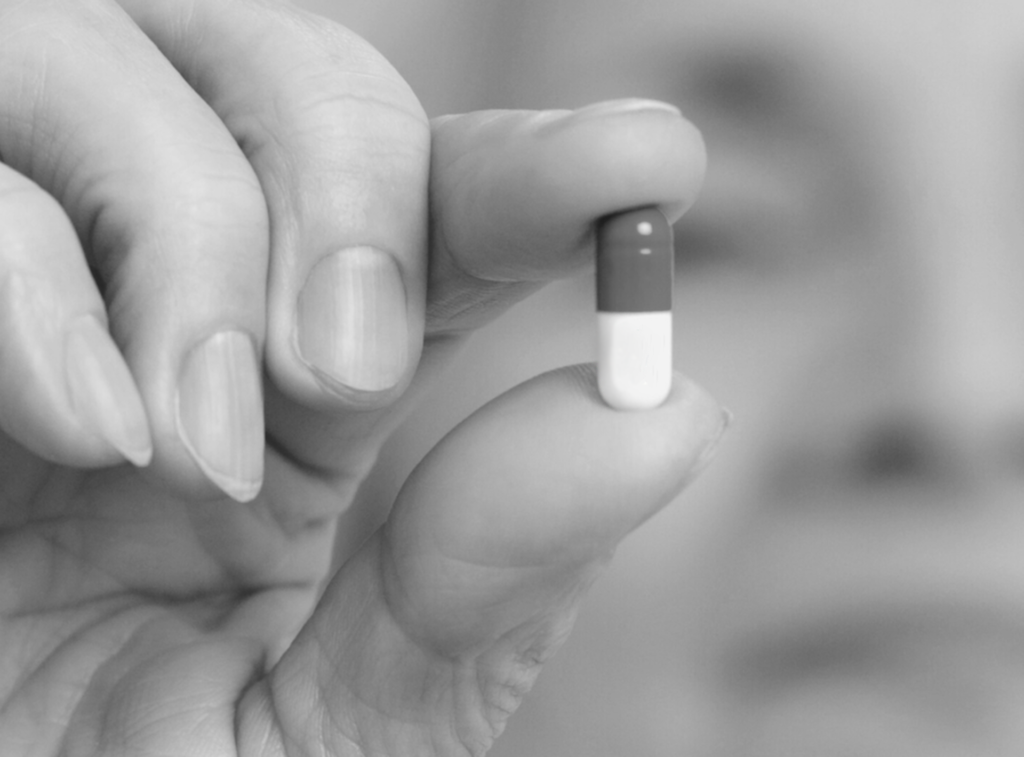 A Phase 1 clinical trial is testing a new type 2 diabetes drug, called GLY-200, said to be capable of mimicking the effects of gastric bypass surgery.
A Phase 1 clinical trial is testing a new type 2 diabetes drug, called GLY-200, said to be capable of mimicking the effects of gastric bypass surgery.
A new oral drug, called GLY-200, has been shown to effectively improve blood sugar control in diabetes patients and may one day help them avoid gastric bypass surgery.
The new drug, currently part of a Phase 1 clinical trial in South Australia, was developed by Glyscend, a company formed by researchers from The Johns Hopkins University Hospital, in the United States, in collaboration with Professors Chris Rayner and Michael Horowitz, from the University of Adelaide and Royal Adelaide Hospital.
GLY-200 has, so far, demonstrated promising efficacy and safety qualities in pre-clinical studies, and the company is now seeking healthy volunteers to begin Phase 1 clinical trials in August of this year, in Adelaide.
About the drug
Gastric bypass is a surgical procedure prescribed to some patients who are unable to lose weight by any other means. The surgery, also known as Roux-en-Y gastric bypass, involves creating a small pouch that connects the stomach directly with the small intestine. As a result, food goes through this pouch, directly to the small intestine, bypassing most of the stomach.
Gastric bypass is used as a way for certain patients to lose weight, especially for patients with certain conditions, like type 2 diabetes, among others. The procedure is meant to help patients with type 2 diabetes lose weight and reduce the input of sugar in their bodies. While having a gastric bypass has been shown to help type 2 diabetes patients go into remission, the procedure also carries significant risks, besides being costly and invasive.
The new drug, however, is set to be a game changer in this arena. Pre-clinical data suggest that treatment with GLY-200 mimics the effects of gastric bypass. The drug is able to temporarily increase the natural mucus barrier found in the lining of the upper gut and influences the hormonal signalling pathway between the GI tract, liver, pancreas and the brain.
Unlike the surgical procedure, treatment with GLY-200 does not carry any of the health risks and, likely, will also cost less than the surgery. If proven safe and efficacious in the clinical trials to come, this drug has the potential to help the more than one million Australians and more than 500 million people around the world, who suffer from type 2 diabetes.
“The results of our pre-clinical studies demonstrated that a daily dose of GLY-200 for 8 weeks significantly reduces the post-meal glucose measurements in diabetic rat models. This improvement was also associated with an improved metabolic profile and weight loss, without a difference in food intake,” said Thomas Jozefiak, PhD, Co-Founder and Chief Scientific Officer of Glyscend in a press release.
“This pill has the potential to revolutionise how we treat type 2 diabetes. Our goal is to develop an oral medication that works locally in the gastrointestinal tract to provide the benefits of gastric bypass surgery while greatly reducing the costs, as well as the potential risks and complications,” said Dr Ashish Nimgaonkar president and CEO of Glyscend, and a gastroenterologist at The Johns Hopkins Hospital. “Gastric bypass procedures will likely never scale to meet the burgeoning T2D epidemic, due to surgical risks, invasiveness, access and compliance issues, and high cost.”
In June 2020, Glyscend Therapeutics received AUD$29m Series A investment in a funding round led by Brandon Capital’s Medical Research Commercialisation Fund (MRCF) and US healthcare investor, Santé Ventures, with support from Breakout Labs, a fund in the Thiel Foundation, owned by PayPal cofounder Peter Thiel.
The Glyscend clinical trials are set to take place in the South Australian clinical trial site CMAX. Healthy volunteers interested in taking part in the clinical trial can find out more information here.

